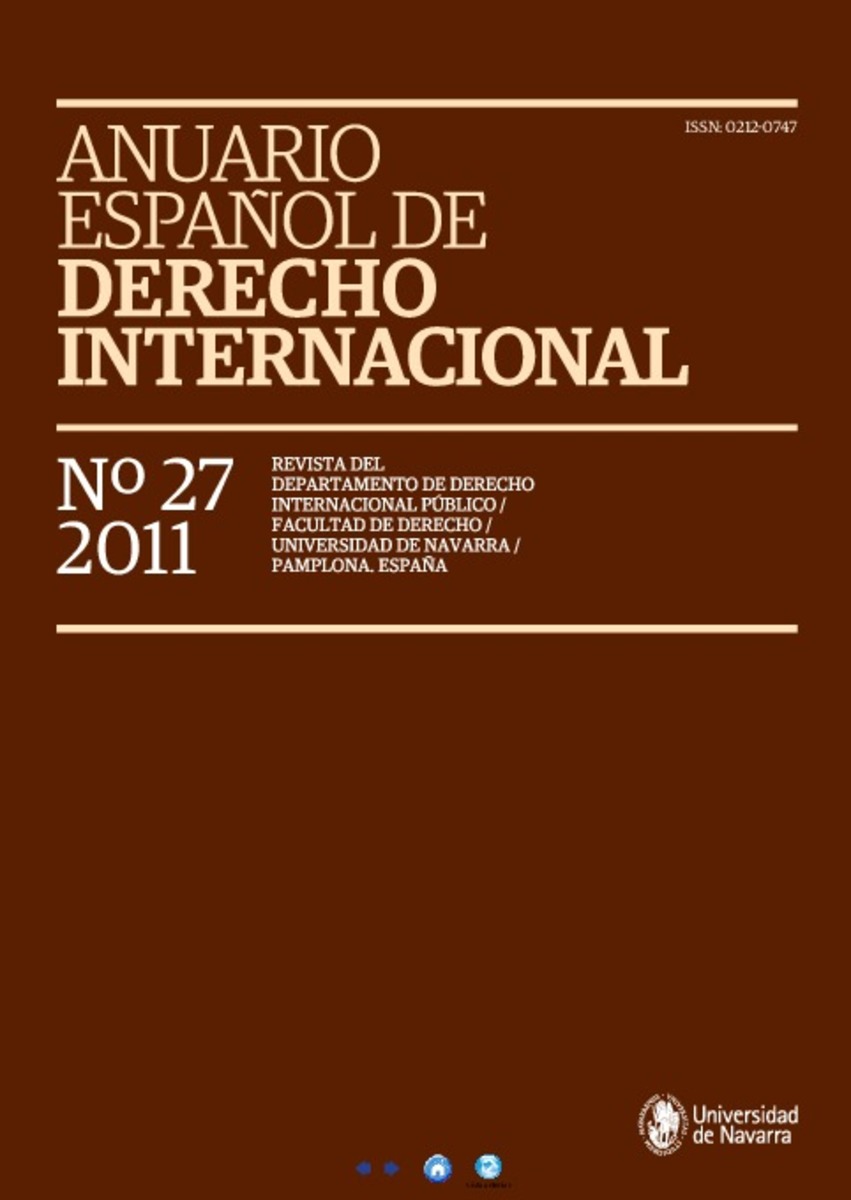Anything New Since the End of the Cold War? or International Law Goes Domestic: International Electoral Standards and Their Legitimacy
Palabras clave :
Electoral Standards
Legitimacy
Right to political participation
European Court of Human Rights
Election Observation
Fecha de publicación :
2011
Editorial :
Servicio de Publicaciones de la Universidad de Navarra
Cita:
Binder C. (2011). ""Anything New Since the End of the Cold War? or International Law Goes Domestic: International Electoral Standards and Their Legitimacy"", Anuario de Derecho Internacional, XXVII, 57-75
Aparece en las colecciones:
Estadísticas e impacto
0 citas en

0 citas en

Los ítems de Dadun están protegidos por copyright, con todos los derechos reservados, a menos que se indique lo contrario.







